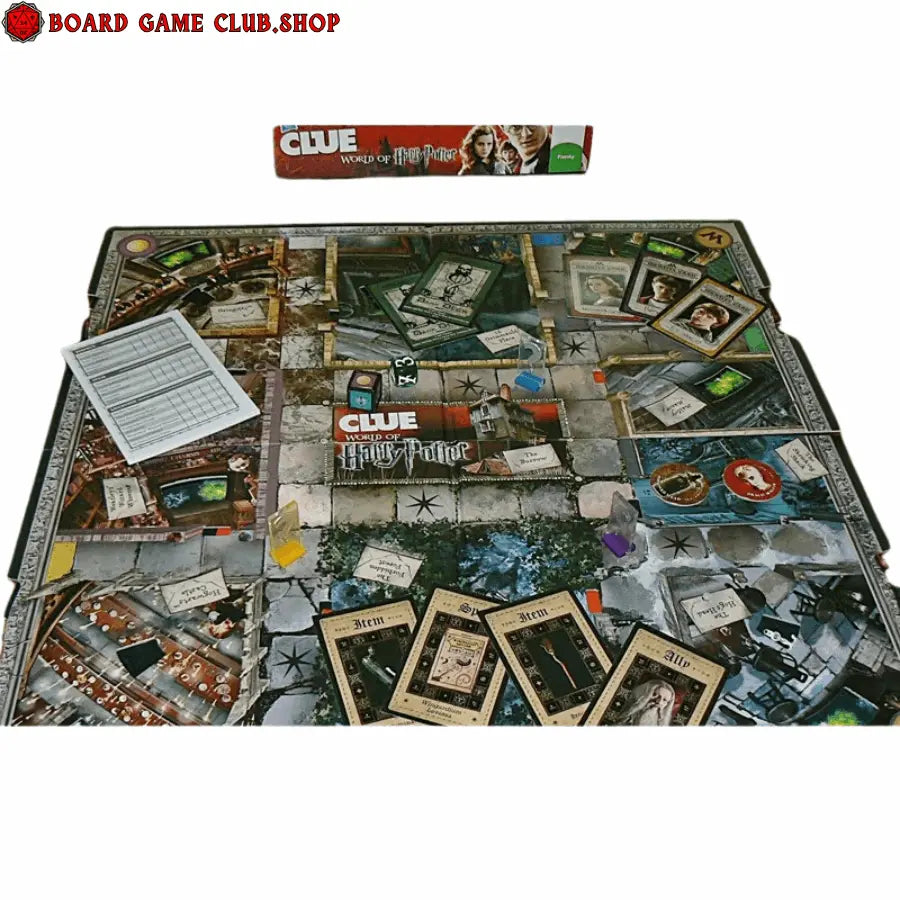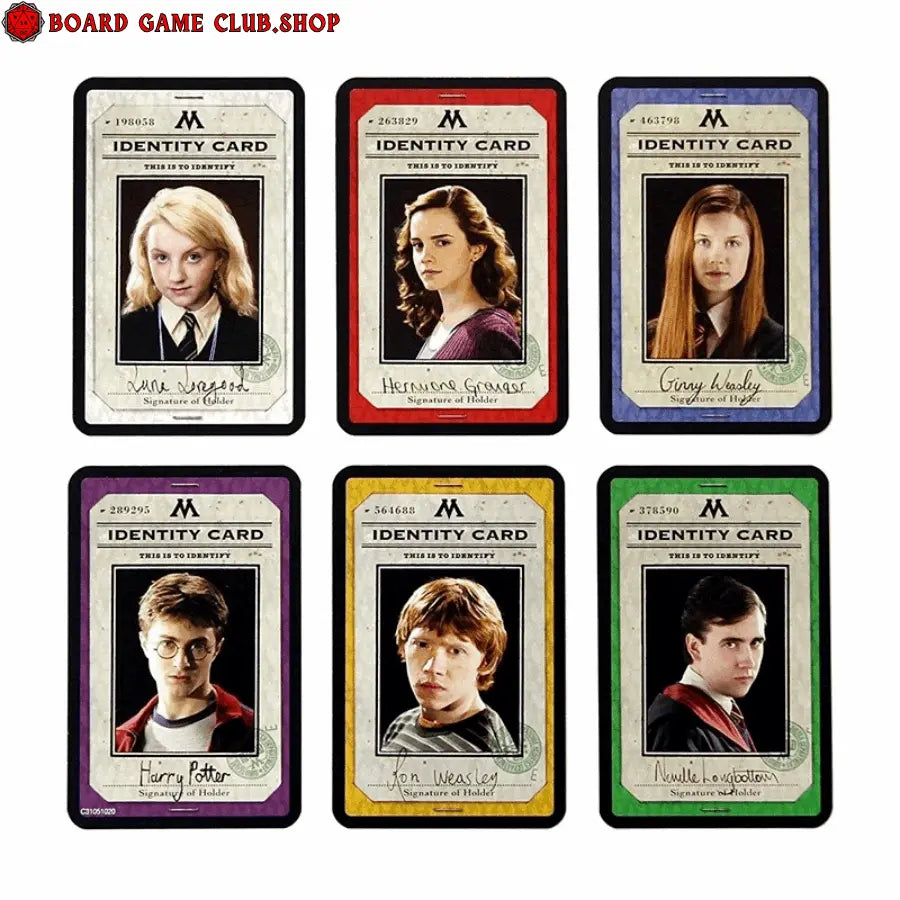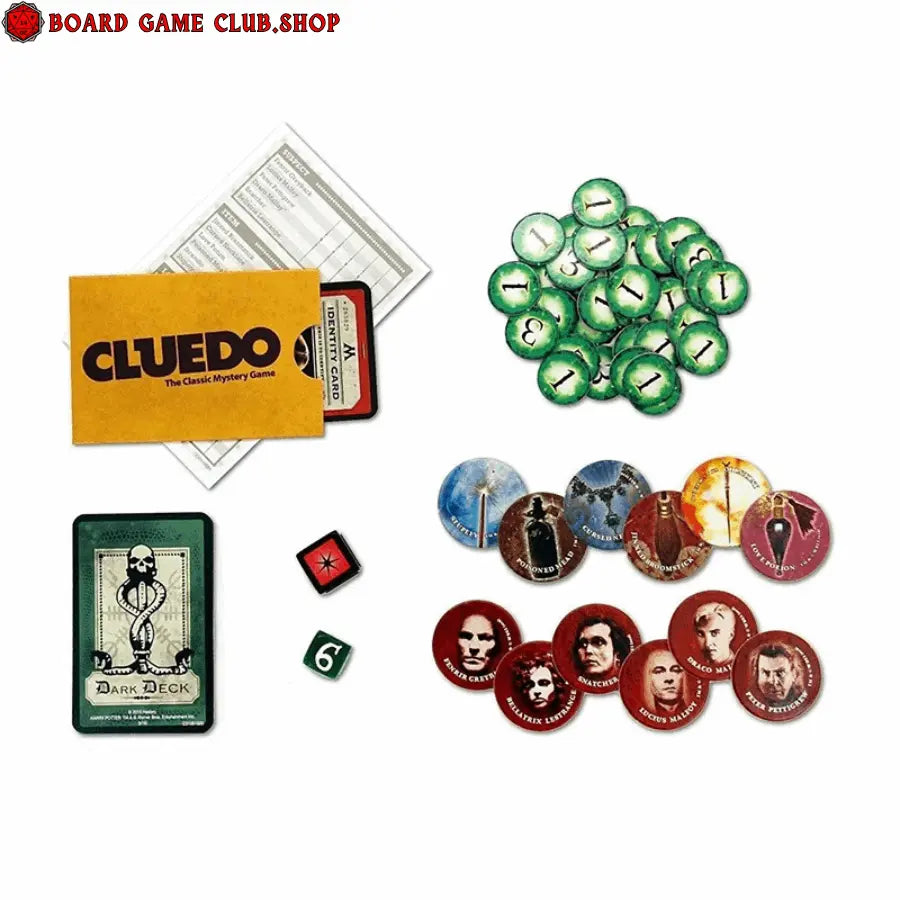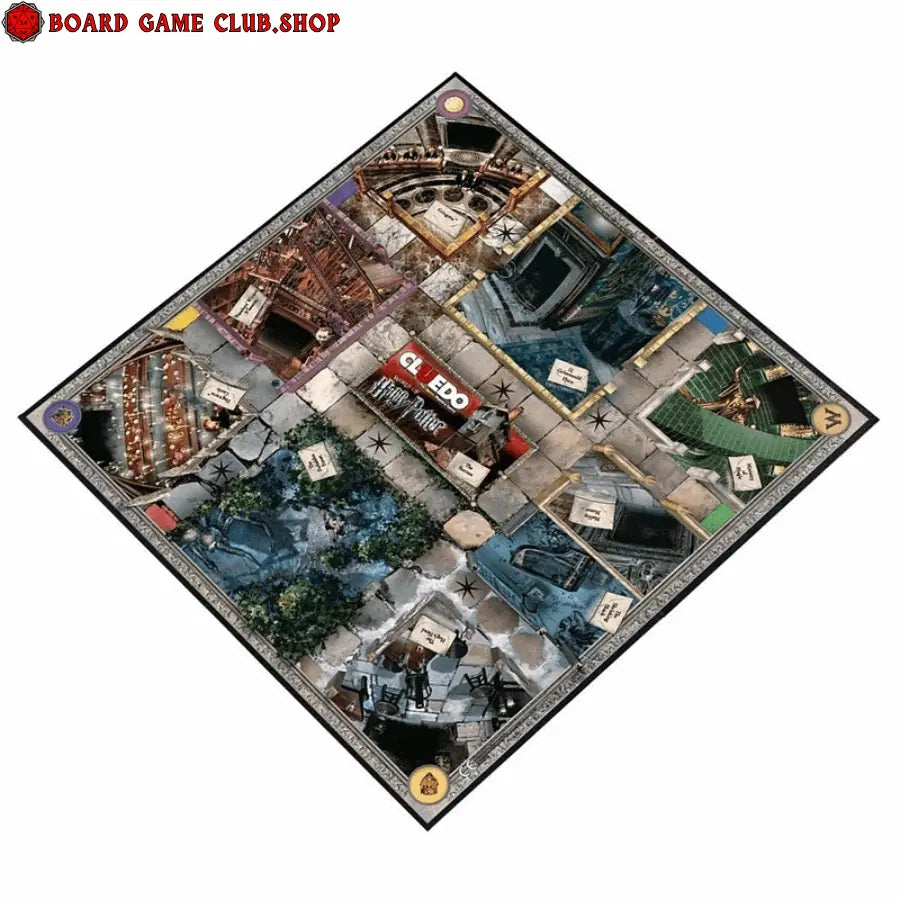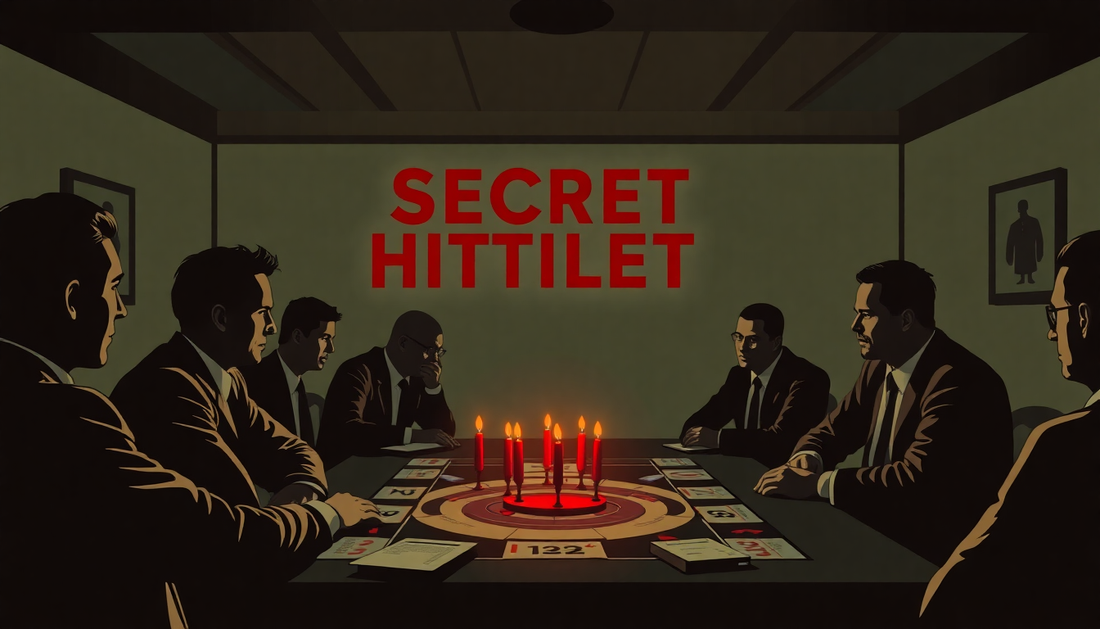
Tips and Strategies for Winning Secret Hitler | Secret Hitler Gameplay
Share
Tips and Strategies for Winning Secret Hitler
Table of Contents
- Introduction
- Understanding Secret Hitler
- Basic Rules
- Winning Strategies for Liberals
- Winning Strategies for Fascists
- General Gameplay Tips
- Conclusion
Introduction
Secret Hitler is a social deduction game for 5–10 people about finding and stopping the Secret Hitler. This dynamic game will test your skills in deception, trust-building, and strategic gameplay. Join us as we explore tips and strategies to enhance your chances of winning Secret Hitler. After playing over 400 games, we aim to immortalize the insights we've gained into a living guide, continually updating it as we refine our strategies.
Understanding Secret Hitler
What is Secret Hitler?
In Secret Hitler, most players are Liberals. They need to learn to trust one another to control the game and win. However, some players are secretly Fascists. These players will do whatever it takes to be elected, thus enacting their agenda while blaming others for any fallout. Liberals must work together to uncover the truth before the Fascists install their ruthless leader.
Why It’s Popular
Secret Hitler is a hidden role game set during the political intrigue of 1930s Germany. Players are secretly divided into two teams: Liberals and Fascists. The Liberals' goal is to enact five Liberal policies or assassinate Hitler. In contrast, the Fascists aim to enact six Fascist policies or elect Hitler as Chancellor after they have passed three Fascist policies. Amplifying the tension, one player is always Secret Hitler, hidden among the team.
Basic Rules of Secret Hitler
Game Setup
At the start of the game, players are secretly assigned roles: Liberal, Fascist, or Hitler. Players close their eyes, and Fascists (and Hitler, when applicable) learn who their teammates are. In larger games, Hitler remains unaware of who the Fascists are.
Components of the Game
Each game consists of:
- A Policy Deck (containing Liberal and Fascist policies)
- Secret role cards
- Ja! (Yes) and Nein (No) voting cards
- An election tracker
- A board to track enacted policies
- Presidential and Chancellor placards
- Bullet tokens (for assassinations)
Player Roles Explained
- Liberals: Win by enacting five Liberal policies or assassinating Hitler.
- Fascists: Win by enacting six Fascist policies or electing Hitler as Chancellor.
- Hitler: Appears as a Fascist to his teammates but aims to be elected Chancellor.
Game Phases
- Election Phase: A Presidential candidate is chosen and players vote Ja or Nein.
- Legislative Phase: The President and Chancellor pass a policy secretly.
- Executive Phase: Special powers are activated based on the number of Fascist policies enacted.
Explanation of the Turn Order
- A Presidential candidate nominates a Chancellor.
- Players vote on the proposed government.
- If approved, the President draws three policies.
- They discard one and pass two to the Chancellor.
- The Chancellor discards one and enacts the remaining policy.
- Based on the board state, executive actions may take place.
Key Actions During Each Phase
- During Elections: Choose trustworthy candidates carefully.
- During Legislation: Navigate and bluff about policy options to gain an advantage.
- During Executive Actions: Use special powers wisely, such as Investigate Loyalty, to shape the outcome of the game.
Key Strategies for Winning as Liberals
Identify Fascists Early
To secure a victory, detecting Fascists early is vital since they can coordinate with each other without Liberals knowing their identity.
Recognizing Patterns in Player Behavior
- Pay attention to who consistently supports suspicious candidates.
- Watch for players who are vague or avoid accountability.
Best Practices for Deduction
- Ask direct, pointed questions to elicit responses.
- Track players’ voting patterns and consistency throughout the game.
Communicate Effectively
Open communication is essential for Liberals to catch lies and contradictions during the game.
Importance of Discussions and Accusations
- Avoid silence, as it can be perceived as complicity.
- Publicly challenge suspicious players to pressure them into explanations and reveal their intentions.
Using Alliances to Your Advantage
- Form alliances cautiously, ensuring you’ve tested their credibility first.
- Propose trustworthy teams and evaluate how others react to gauge their trustworthiness.
Strategies for Winning as Fascists
Blend In and Build Trust
Your main objective as a Fascist is to navigate without getting caught until it's too late.
Tactical Deception Techniques
- Consider passing Liberal policies early to gain players’ trust.
- Redirect blame onto Liberals to cause confusion and fracture their unity.
How to Exploit Liberal Movements
- Align with the Liberal majority to avoid drawing suspicion.
- Steer government nominations towards Fascists subtly without being caught.
Control the Narrative
Winning as a Fascist isn’t just about policy; it’s about controlling how players perceive the truth.
Manipulating Perceptions of Truth
- Twist the truth regarding policy cards drawn to mislead Liberals.
- Keep Liberals on the defensive by creating doubt among them.
How to Influence Voting Decisions
- Suggest reasonable doubts about seemingly trustworthy players.
- Encourage Nein votes when it disrupts the Liberal team's plans.
Gameplay Strategies for All Players
Adapting to Player Styles
Every player has different hints of honesty or deception that can be exploited.
Observing and Reacting to Different Players
- New players might be more chaotic, so avoid focusing on their minor blunders.
- Experienced players may feign Liberal behaviors; closely watch their voting patterns.
Adjusting Your Strategy Based on the Game Flow
- If Liberals are ahead, play more conservatively to maintain the advantage.
- If Fascists are dominating, take more calculated risks to expose them.
Making Strategic Sacrifices
Sometimes, losing a battle can help secure a larger victory.
When to Take Risks for Greater Gains
- As Liberals, you might need to nominate a risky Chancellor to clarify roles.
- As Fascists, consider accepting a Liberal policy pass if it helps secure future control.
Importance of Patience in Gameplay
- Avoid being overly enthusiastic, as this might lead to premature exposure.
- Allow players to make their own mistakes and capitalize on their errors.
Enhancing Your Secret Hitler Experience
Playing with Variants
House rules can spice up your Secret Hitler game, keeping things exciting.
Recommended House Rules and Variations
- “Blind Hitler”: Hitler doesn’t know the Fascists, even in smaller games.
- “Liberal Investigation”: Liberals can openly investigate instead of secretly.
Expanding Your Gameplay with Expansions
While there aren’t official expansions, fans sometimes create variations with new powers or modified boards.
Combining with Other Political Board Games
Fans of Secret Hitler often enjoy games like:
- The Resistance and Avalon for similar deduction-based dynamics.
- Coup, a fast-paced bluffing game.
How to Integrate Varied Gameplay Styles
Combine different games during game nights for a fun deduction-focused evening. Analyze player behavior across varied settings to sharpen your own skills.
Conclusion
Secret Hitler is a game filled with lies, alliances, and deduction. To master it:
- As Liberals, communicate clearly, observe patterns, and trust wisely.
- As Fascists, blend in, manipulate narratives, and act decisively. With practice, observation, and sharp strategy, you’ll heighten your chances of victory — whether for the good of the Republic or the rise of tyranny!



